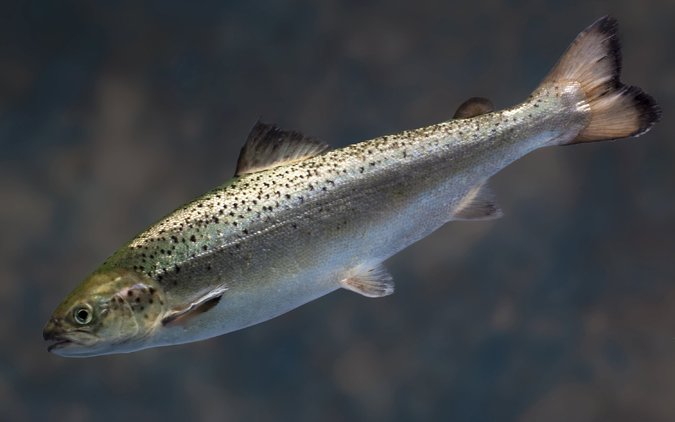In response to an article that appeared in the N.Y. Times, these were a few letters to the editor that were sent in. It’s interesting to not who wrote them and what they have to say.

To the Editor:
Re “Genetically Engineered Salmon Declared Ready for U.S. Plates” (front page, Nov. 20):
I was discouraged to hear of the Food and Drug Administration’s decision to approve the first genetically engineered animal for human consumption — salmon. This decision completely ignores the vast majority of consumers, many independent scientists, numerous members of Congress, and the salmon growers around the world who staunchly oppose genetically modified salmon and worry about the risks it poses to the environment and to wild salmon.
To add insult to injury, there is no requirement that this new salmon be labeled, leaving consumers with no way to differentiate between genetically modified and non-genetically modified fish. This new salmon further underscores the need for mandatory labeling of all food that has been genetically modified.
I have introduced a bill in the New York State Assembly to require such labeling. It’s time to give New Yorkers the right to know what is in our food.
LINDA B. ROSENTHAL
New York
The writer is a member of the New York State Assembly representing parts of Manhattan.
To the Editor:
As one greatly appreciative of the benefits of genetic engineering in pharmaceuticals and other, less contentious areas, I am furious at the Food and Drug Administration’s amateurish wading into environmental questions, and the continued arrogance of industry and its legislative allies, who dictate that consumers have no right to know how their food is produced.
The problem of overfishing and other degradation of wild fish stocks has known causes, which must be addressed directly, not sidestepped by alternate means of production. The great, as yet minimally realized, promise of genetic engineering is to produce, in plants and microorganisms, materials now obtained at great environmental cost from animals or mined resources.
By shoveling engineered foods down the throats of unwilling consumers, a wholly needless backlash against truly beneficial advances is created.
JEFF FREEMAN
Rahway, N.J.
To the Editor:
Re “No Labels Will Be Required for Engineered Salmon” (news article, Nov. 20):
The June 18 Supreme Court decision in Reed v. Town of Gilbert expanded the range of regulations subject to “strict scrutiny,” the most rigorous standard of review for constitutionality, to include special labeling laws. As your Supreme Court correspondent, Adam Liptak, observed, the case “marks an important shift toward treating countless laws that regulate speech with exceptional skepticism.” That should encompass labeling to identify foods that contain genetically engineered ingredients.
Because information that is required on labels is considered to be “compelled commercial speech” and thus must follow the speech requirements of the First Amendment, the Reed case should override whatever machinations the Food and Drug Administration, states or Congress might attempt in order to require “genetically engineered” labels.
HENRY I. MILLER
Stanford, Calif.
The writer, the founding director of the F.D.A.’s Office of Biotechnology, is a fellow at the Hoover Institution at Stanford University.

Leave a Reply